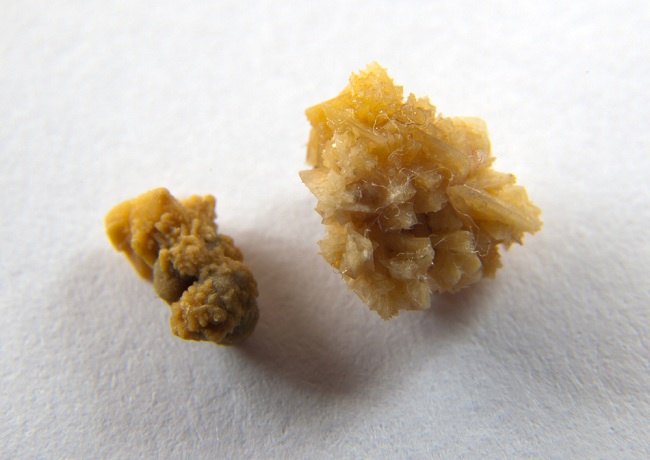Monitoring fetal movements is important done by ipregnant lady (bumil). Besides being useful for building inner closenessbetween mothers with fetus, monitoring fetal movements can also make pregnant women knowIf there isCase abnormal on Poppet.
For women who are pregnant for the first time, fetal movement may begin to be felt as the pregnancy approaches 25 weeks or 6 months. Meanwhile, in the second or subsequent pregnancies, fetal movements usually begin to be felt at 18 weeks of gestation. However, the average pregnant woman begins to feel the movement of her fetus in the gestational age range of 13-25 weeks.

Benefits of Monitoring Fetal Movement in the womb
Monitoring the movement of the fetus can help pregnant women know the growth of the fetus. In fact, by monitoring fetal movements, pregnant women can also find out early on abnormalities that occur in their little ones. This can help reduce the risk of the baby dying in the womb.
Pregnant women can feel the peculiarities of the nature of fetal movements based on gestational age as follows:
16th week: Pregnant women may feel like there are butterflies flying in the womb. This is a sign that the fetus is moving, but this sensation can also be a sign of airflow in the digestive tract. At first it may be difficult for pregnant women to distinguish between the two, but over time, pregnant women will know the patterns and differences between the two.
20th week: At this time, pregnant women may feel the fetal movements become faster, but the movements and frequency remain regular.
24th week: Pregnant women may feel a twitch. This twitch occurs because this week the Little S can already experience hiccups. Oh ya, at this time, fetal movement is also increasingly felt, you know!
28th week: Don't be surprised if pregnant women feel unusual movements. Because at this time, the movement of the fetus has begun to occur frequently and its movements are sometimes like kicking or punching.
At 28 weeks of gestation, pregnant women are advised to monitor fetal movements more often, including the frequency of their movements. This can help pregnant women ensure that their little one grows normally. In this week Father can also feel fetal movement, you know.
36th week: Fetal movements will slow down a bit. This is usually caused by its growth in the uterus. Even so, pregnant women must remain vigilant if there is a change in movement that is too significant, for example being too fast or too slow. Pregnant women should still be able to feel regular fetal movements throughout the day.
If pregnant women have not felt fetal movement in the stomach until 25 weeks of gestation, don't think negatively first. Maybe the fetus is sleeping. As the fetus grows larger, its movements will be more pronounced and pregnant women can already know when the fetus is moving more actively.
What to do when pregnant women don't feel fetal movement?
If you do not feel fetal movement or the fetus stops moving within 2 hours, pregnant women should check it in the following ways:
- Change positions and be more relaxed. Pregnant women can also eat snacks. These methods can stimulate the fetus to move.
- Drink very cold drinks, because sudden changes in temperature may make the fetus move.
- Listen to music or sounds to the fetus. Mothers can also stimulate the movement of the Little One by inviting him to talk. The goal is to get a response from the fetus in the form of movement.
In the third trimester, if the fetus does not move after being given a stimulus as above or if the movement is not as usual, you should immediately consult a gynecologist.
Pregnant women can monitor and feel the movement of their little one at every stage of gestation. Monitoring fetal movement has various benefits, both for pregnant women and fetuses. In addition, do not neglect to do regular check-ups with the doctor, so that the growth and development of your little one can be monitored properly.









